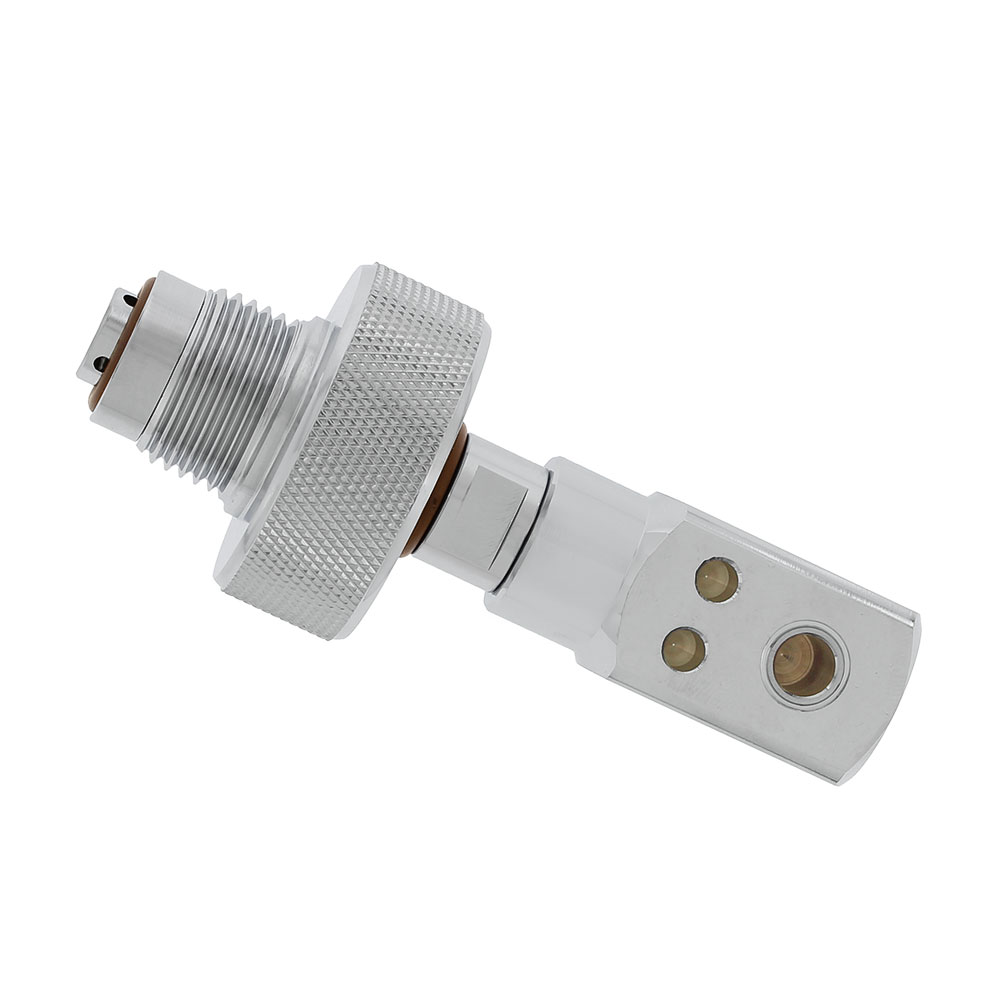I've been on a handful of recreational dive boats (commercial charters) that will drop a 2nd stage at 20'. Instructions are to don't use it, don't mess with it. But if you need it, it is there for you. I don't remember the gas. Could have been a strong Nitrox, maybe straight O2. This was on boats that were doing normal recreational dives, nothing to the limit. Call it 80' give or take 20' depending on what you were after.
I don't see how doing this on a private boat is any different. Nor a valid reason to avoid doing so.
It might encourage you to push the limits a little further? How about it is encouraging another level of safety? Why would someone who owns there own gear, and there own boat, suddenly decide to take a safety measure and turn it into a risk factor? Might loose it in choppy seas, why the hell would you go diving off a small personal boat in bad seas? You own the boat, you own your gear, you can go out when the conditions are more favorable. If the conditions suck that much, you don't want to be out in a private goat anyway, much less be diving off one.
Not every reason for being on O2 is DCS. That tuna sandwich might not be agreeing with you toward the end of the dive. You don't know that it is, or why you are not feeling right. You just know something isn't right. You know you should do a safety stop. Why not do it on O2 just to be safe? Or skip the stop?
Don't think there is only one possible scenario for wanting some O2. That just shows you are not thinking completely. Focus on the one possible scenario in your head and anything else is wrong, no you are wrong. Big picture folks.





